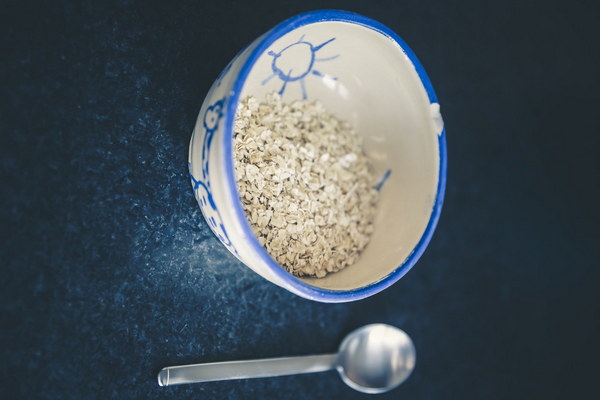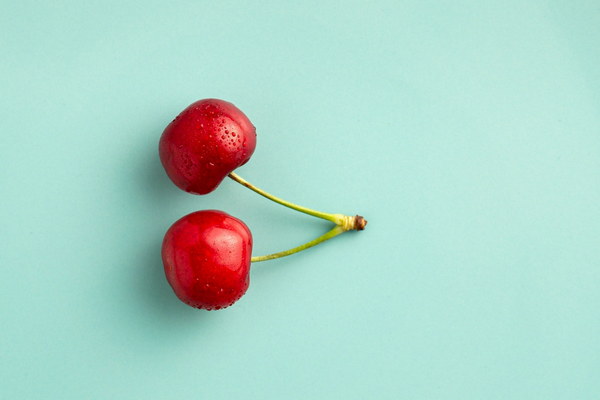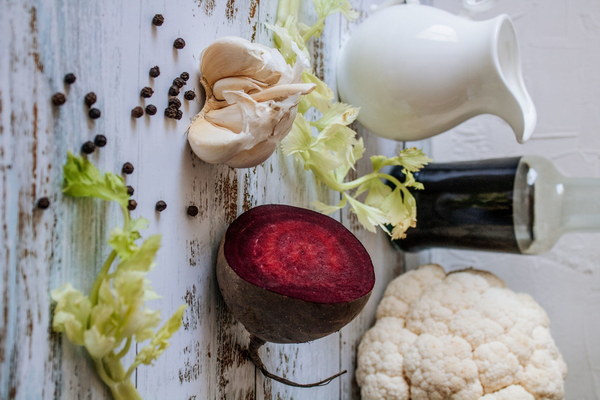The Comprehensive Guide to Chinese Herbal Medicine Unveiling the Secrets of Traditional Chinese Health and Wellness
Introduction:
Traditional Chinese medicine (TCM) has been practiced for thousands of years, offering a holistic approach to health and wellness. At the heart of TCM lies the use of Chinese herbal medicine, which utilizes the power of natural plants to promote balance and healing within the body. This comprehensive guide delves into the vast world of Chinese herbal medicine, exploring its origins, benefits, and applications.

I. Origins and History:
Chinese herbal medicine dates back to the Shennong era, over 5,000 years ago. The Yellow Emperor's Classic of Internal Medicine, one of the oldest texts on TCM, highlights the importance of herbs in treating various ailments. Over centuries, countless herbal formulas have been developed, each tailored to address specific health concerns.
II. Key Principles of Chinese Herbal Medicine:
1. Yin and Yang: TCM emphasizes the balance of Yin (cooling, calming) and Yang (warming, energizing) energies in the body. Herbs are selected to either enhance or reduce these energies to achieve balance.
2. Five Elements: Herbs are categorized according to the five elements (Wood, Fire, Earth, Metal, and Water) and their corresponding organs. This principle helps in selecting the appropriate herbs to address specific health issues.
3. Meridians: TCM believes that Qi (vital energy) flows through the body via meridians, and herbal medicine can help regulate the flow of Qi to promote health.
III. Common Chinese Herbs and Their Benefits:
1. Ginseng: Known as the King of Herbs, ginseng is renowned for its immune-boosting, energy-boosting, and stress-relieving properties.
2. Astragalus: This herb strengthens the immune system, enhances energy levels, and improves cardiovascular health.
3. Goji Berries: Goji berries are rich in antioxidants, vitamins, and minerals, offering numerous health benefits, including improved vision, liver protection, and anti-aging properties.
4. Green Tea: A popular beverage in China, green tea is known for its antioxidant and anti-inflammatory properties, which can aid in weight loss, heart health, and cancer prevention.
5. Peony: Peony is used to treat various skin conditions, including eczema and psoriasis, due to its anti-inflammatory and antioxidant properties.
IV. Applications of Chinese Herbal Medicine:
1. Chronic Diseases: Chinese herbal medicine is often used to treat chronic diseases such as diabetes, hypertension, and arthritis.
2. Mental Health: Herbs like valerian root and passionflower are used to treat anxiety, depression, and sleep disorders.
3. Women's Health: Herbs like chaste tree berry and black cohosh are used to address hormonal imbalances and menopausal symptoms.
4. Digestive Disorders: Herbs like ginger and turmeric are used to treat indigestion, bloating, and other digestive issues.
V. Safety and Precautions:
While Chinese herbal medicine has numerous health benefits, it is essential to consult with a qualified practitioner before starting any herbal treatment. Some herbs may interact with medications or have side effects, especially in individuals with certain health conditions.
Conclusion:
Chinese herbal medicine is a valuable component of traditional Chinese medicine, offering a natural and holistic approach to health and wellness. By understanding the origins, principles, and applications of Chinese herbal medicine, individuals can make informed decisions about incorporating these powerful herbs into their daily lives. As with any health regimen, it is crucial to consult with a healthcare professional before starting any new treatment.









